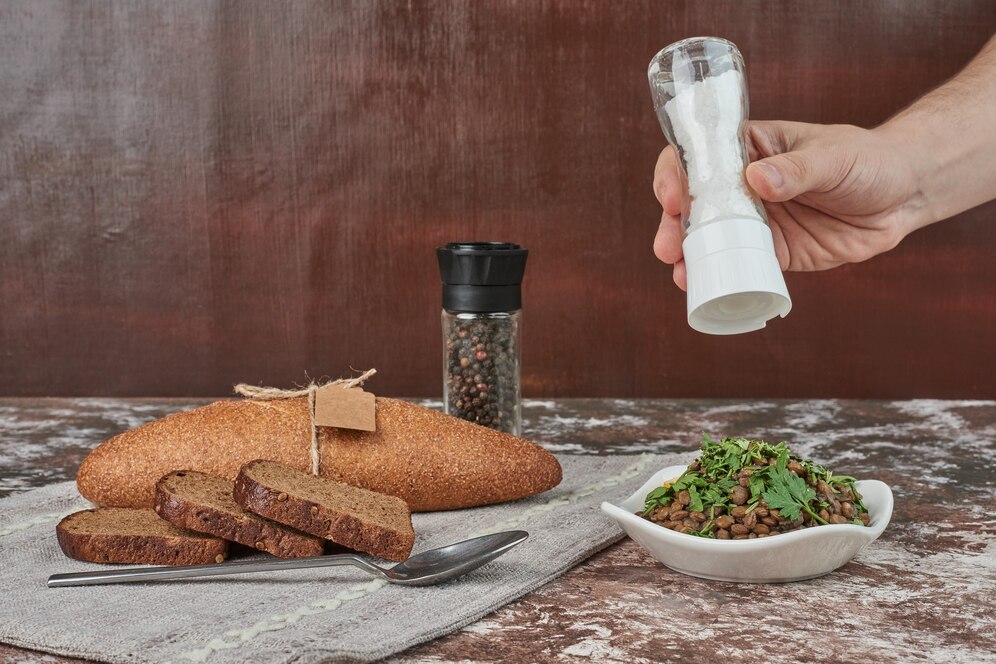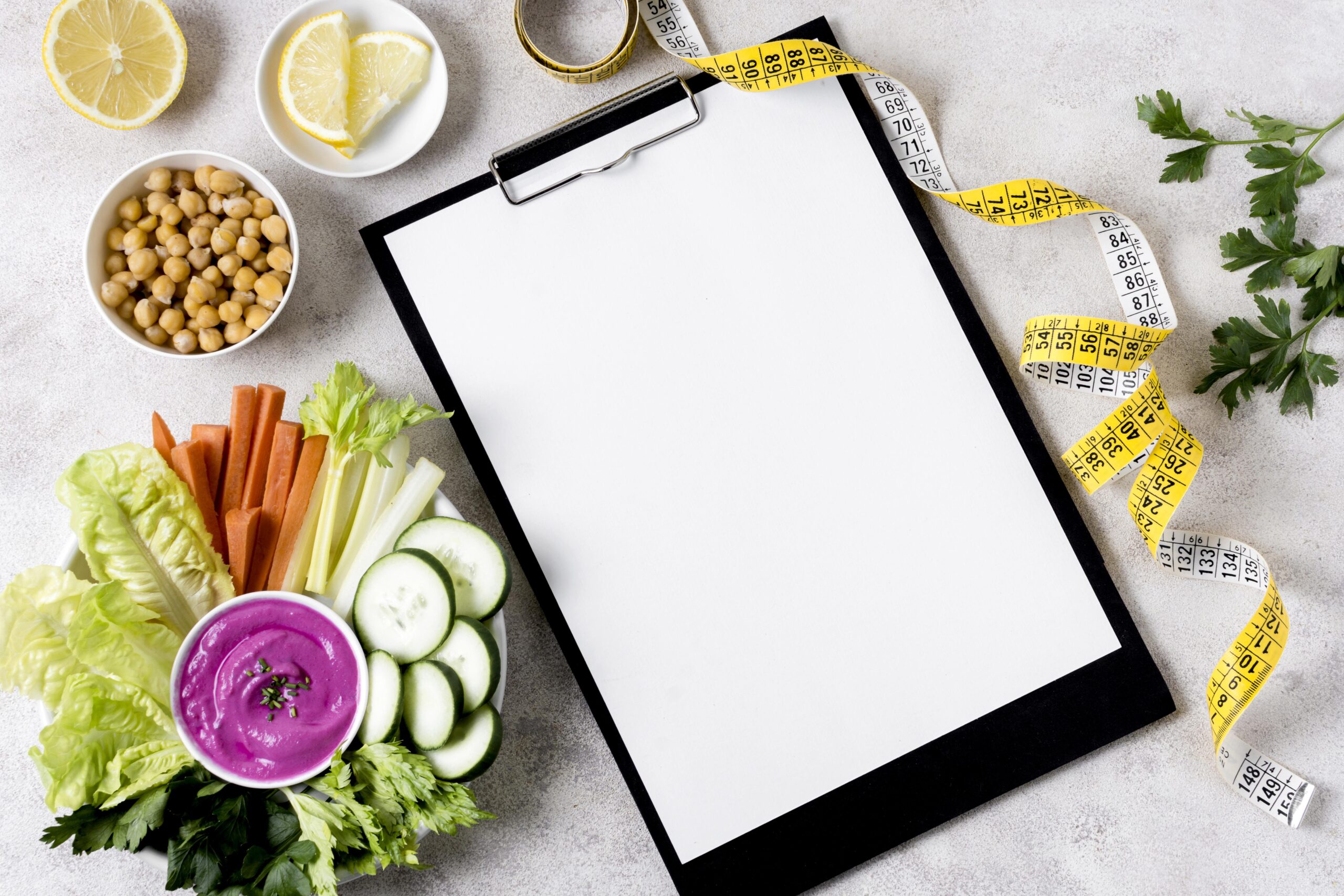Salt is an essential mineral for our body, playing a critical role in maintaining fluid balance, nerve function, and muscle contractions. However, consuming too much salt can have negative consequences. If you’ve overindulged in salty snacks or meals, it’s important to take immediate steps to mitigate the effects. This blog will explore what happens when you eat too much salt, symptoms to watch for, and actionable steps to address the issue quickly. We’ll also tackle some frequently asked questions about salt consumption.
What Happens If You Eat Too Much Salt in One Sitting?
When you consume an excessive amount of salt, your body reacts in various ways to manage the imbalance. Here are some immediate effects:
- Water Retention: Salt causes your body to retain water, leading to bloating and swelling, particularly in your hands, feet, or face.
- Increased Thirst: Salt dehydrates your cells, signaling your brain to increase your water intake.
- Temporary High Blood Pressure: An influx of sodium can make your heart work harder, temporarily elevating your blood pressure.
- Digestive Discomfort: Overloading on salt can disrupt your stomach, causing uneasiness or nausea.
Symptoms of Too Much Salt in One Day
Overconsumption of salt can manifest through various symptoms. These include:
| Symptom | Description |
|---|---|
| Excessive thirst | Your body signals for more water to balance sodium levels. |
| Swelling or bloating | Water retention in tissues can lead to puffiness. |
| Headaches | Dehydration caused by excess salt can trigger headaches. |
| Frequent urination | Your body tries to flush out the extra sodium. |
| Fatigue | Imbalance in electrolytes can cause tiredness or weakness. |
| Nausea | Salt overload may irritate your digestive system. |
What Should I Do If I Ate Too Much Salt?
If you’ve eaten too much salt, don’t panic. There are practical steps you can take to restore balance and flush out the excess sodium effectively:
1. Drink Plenty of Water
Hydration is key to diluting sodium in your bloodstream and assisting your kidneys in flushing it out. Aim to drink at least 8-10 glasses of water throughout the day.
2. Eat Potassium-Rich Foods
Potassium counteracts sodium’s effects by helping your body excrete more sodium through urine. Include foods such as:
- Bananas
- Spinach
- Sweet potatoes
- Avocados
3. Avoid More Salt
Steer clear of processed and salty foods for at least 24 hours. Focus on fresh, whole foods to allow your body to recover.
4. Exercise to Sweat It Out
Physical activity increases sweating, which can help remove excess sodium from your body. Choose light to moderate exercises such as walking, yoga, or jogging.
5. Consume Herbal Teas
Certain herbal teas, such as dandelion or chamomile, act as natural diuretics, promoting urination and flushing out sodium.
6. Monitor Your Symptoms
Keep an eye on your symptoms. If you experience persistent discomfort or signs of severe dehydration, consult a healthcare professional.

How to Reduce Salt in Body Quickly
If you’re looking for immediate relief, here are some fast methods to counteract the effects of high sodium:
- Increase Water Intake: Start with a large glass of water and continue hydrating throughout the day.
- Eat More Fresh Fruits and Vegetables: Their high water content aids in sodium excretion.
- Cut Out Caffeine and Alcohol: These can exacerbate dehydration.
Eating Too Much Salt Side Effects
Long-term consumption of excessive salt can lead to chronic health issues such as:
| Health Issue | Impact |
| High blood pressure | Increased risk of heart disease and stroke. |
| Kidney problems | Extra sodium puts stress on your kidneys. |
| Osteoporosis | Excess salt can weaken bones over time. |
| Stomach cancer | High sodium intake is linked to a higher risk. |
Frequently Asked Questions (FAQ)
1. How to flush salt out of your body overnight?
While it’s challenging to completely flush out salt overnight, drinking plenty of water, avoiding salty foods, and eating potassium-rich fruits like bananas can help.
2. What are the symptoms of too much salt in one day?
Symptoms include excessive thirst, bloating, frequent urination, headaches, and fatigue.
3. What happens if you ate too much salt before bed?
You may wake up feeling bloated and dehydrated, with possible swelling in your face or extremities.
4. How to reduce salt in body quickly?
Drink water, consume fresh produce, avoid caffeine, and engage in light exercise to promote sodium excretion.
5. What are the eating too much salt side effects?
Short-term effects include bloating and thirst, while long-term effects involve increased risks of high blood pressure, kidney issues, and osteoporosis.
6. I ate too much salt: what should I do Reddit discussions?
Reddit users often suggest drinking water, eating bananas, and avoiding further salty foods as immediate remedies.
7. Can I reverse the effects of too much salt?
Yes, by staying hydrated, eating potassium-rich foods, and avoiding salt temporarily, you can help your body restore balance.


